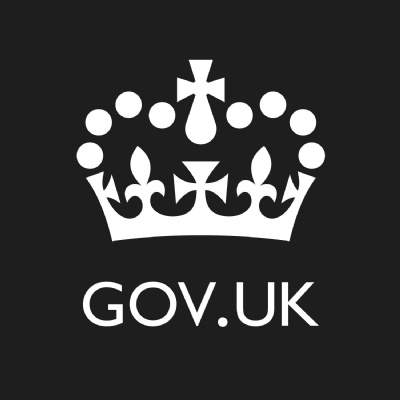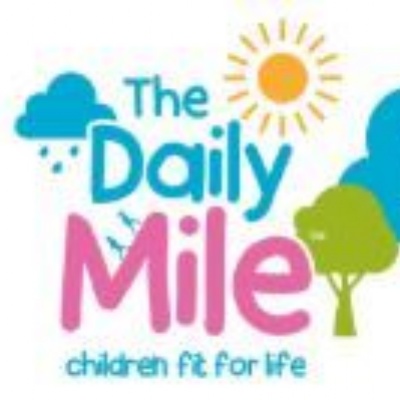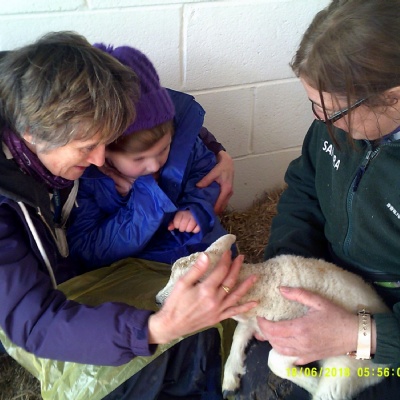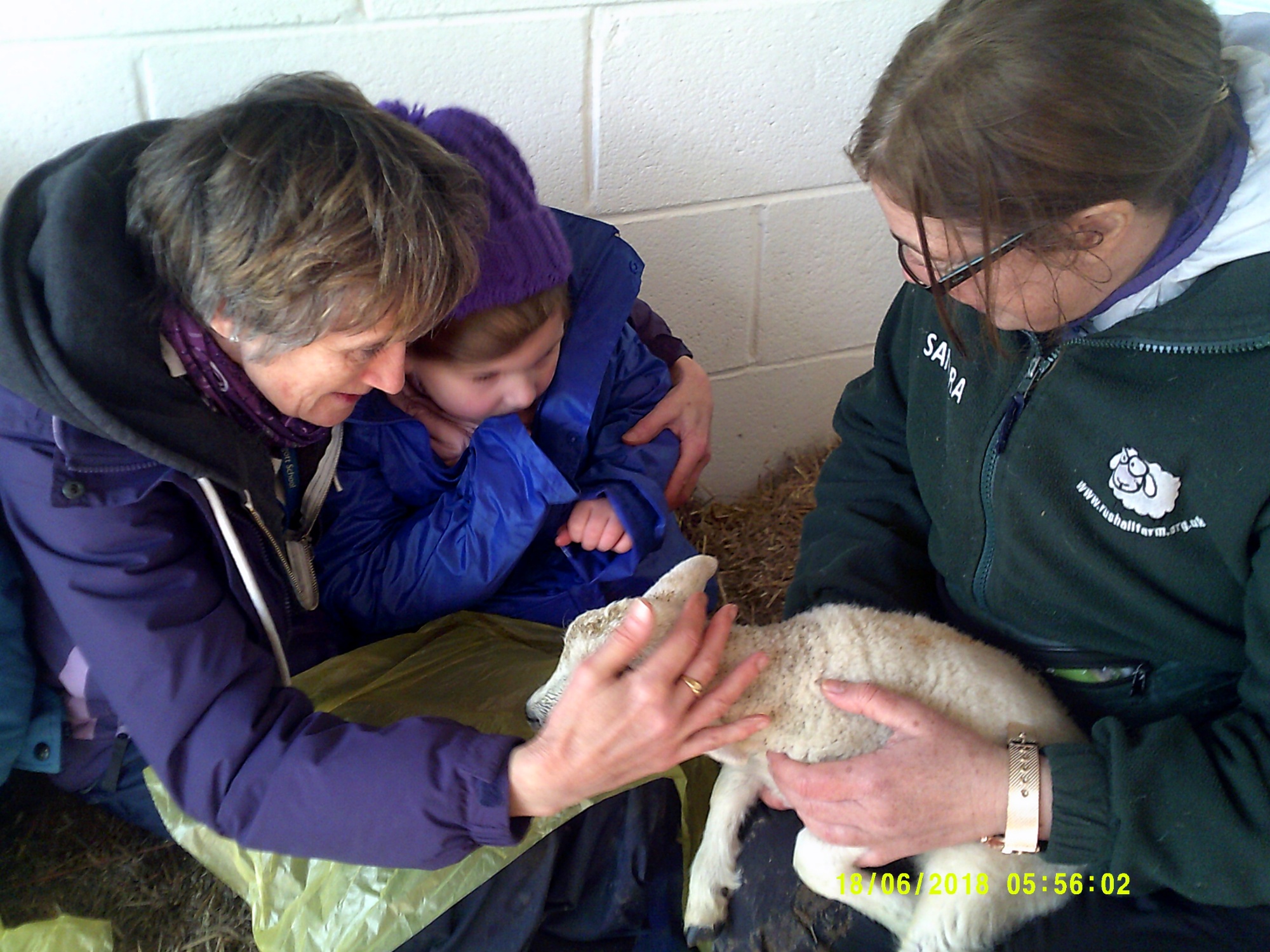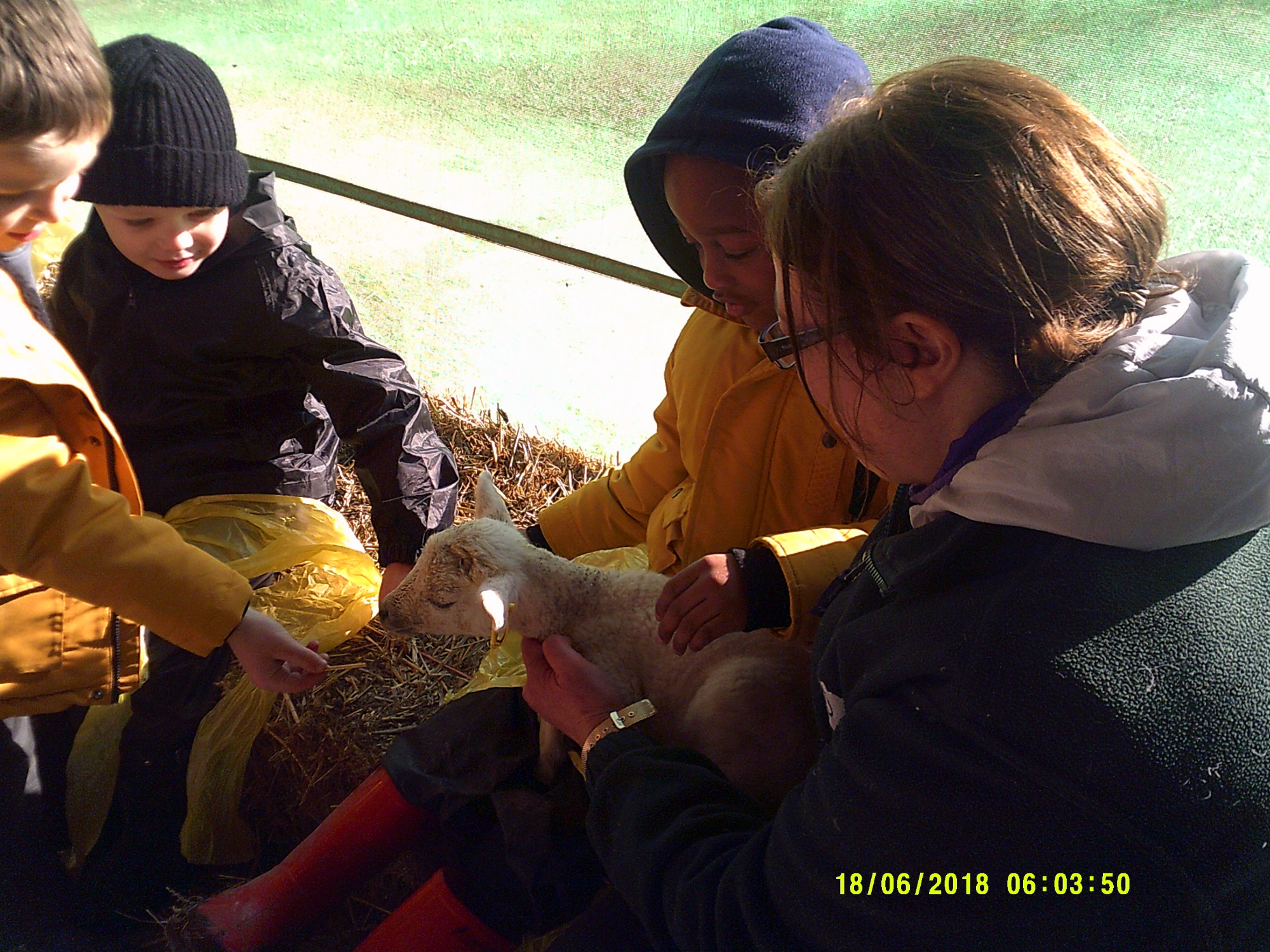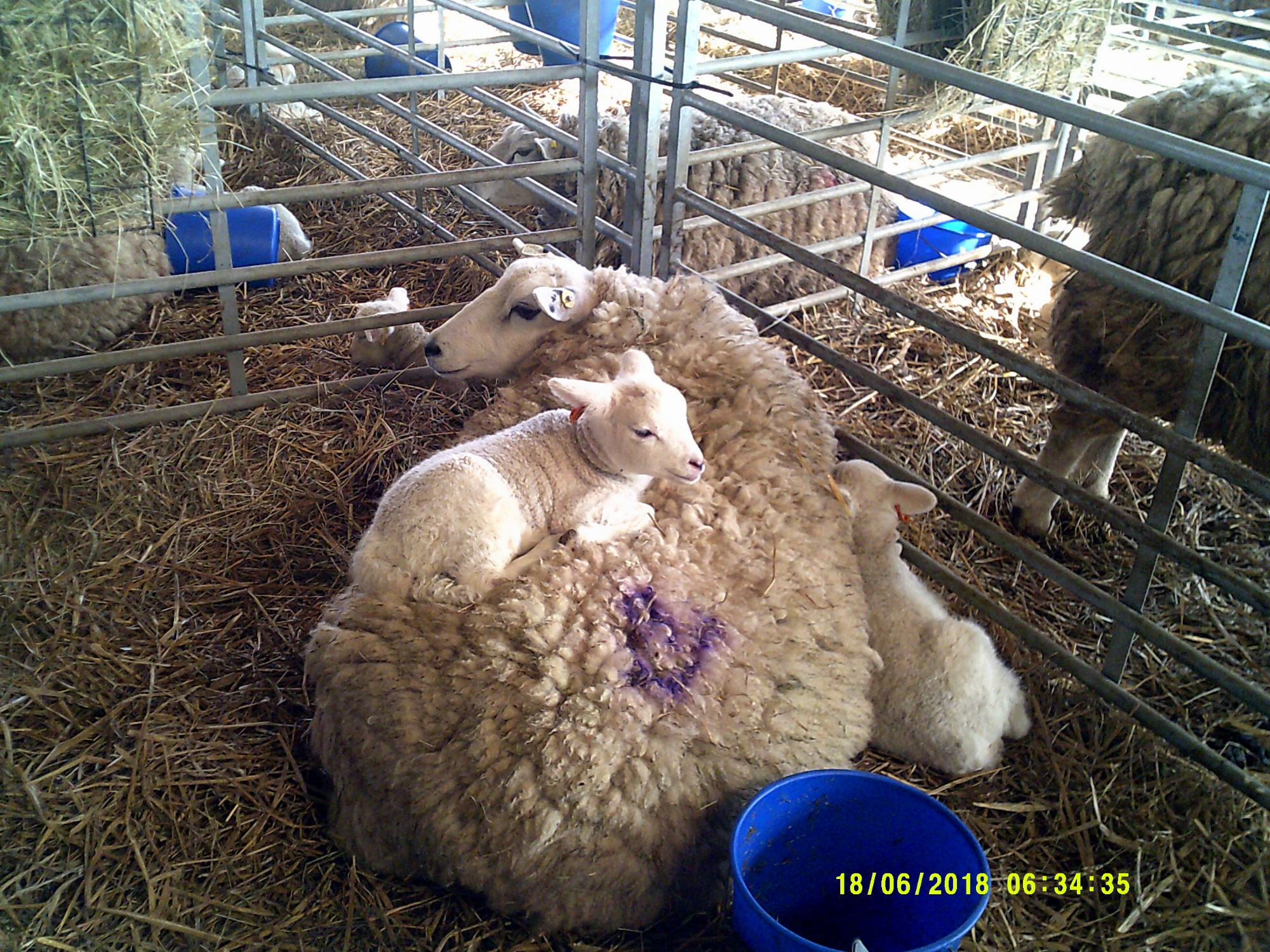Coronavirus (Covid-19) update 17th March 2020
This is your daily email to keep you updated on the government’s response to COVID-19 (coronavirus).
New guidance for households with symptoms
Yesterday, the Government introduced new guidance on whole household isolation in response to the coronavirus (COVID-19) outbreak:
|
The symptoms are:
|
The full stay at home guidance for households with these symptoms can be found here:
The Prime Minister’s statement from Monday 16 March can be found here:
Temporary suspension of Ofsted inspections
Ofsted is to temporarily suspend routine inspections of schools, colleges, early years settings, children’s social care providers and local authorities to reduce the burden on staff who are providing vital services to the nation in response to coronavirus.
The current medical and scientific advice is for schools and other educational establishments to stay open. If this changes and the Chief Medical Officer and the Chief Scientific Adviser say closing schools, colleges, and early years settings is in the best interests of children and teachers the Department will take that step.
The full announcement made by Gavin Williamson can be viewed here:
Updated guidance on recording school pupil absences
No school will be penalised for the impact on school attendance of coronavirus (COVID-19). Please record absences as follows:
|
Handwashing advice
The most important thing individuals can do to protect themselves is to wash their hands more often, for at least 20 seconds, with soap and water. Public Health England recommends that in addition to handwashing before eating, and after coughing and sneezing, everyone should also wash hands after using toilets and travelling on public transport.
Watch this short NHS film for guidance:
Department for Education coronavirus helpline
The Department for Education coronavirus helpline is available to answer questions about COVID-19 relating to education and children’s social care. Staff, parents and young people can contact this helpline as follows:
Phone: 0800 046 8687
Opening hours: 8am to 6pm (Monday to Friday), 10am to 4pm (Saturday to Sunday)
Please note, we are currently experiencing high volumes of calls. We appreciate your patience at this time and apologise for any wait that you may experience. To ensure that we answer your calls as quickly as possible, we have now extended our opening hours to cover weekends and are increasing the number of call handlers available to answer your calls.
If you work in a school, please have your unique reference number (URN or UK PRN) available when calling the hotline.
Where to find the latest information
Updates on COVID-19:
Guidance for educational settings:
Guidance for social or community care and residential settings:
Travel advice for those travelling and living overseas:
Educational resources:
Latest Department for Education information:
Please keep your GIAS school contacts up to date
If you work in a school, please take this opportunity to review your contact information in Get Information About Schools (GIAS).
To update your record, please go to the GIAS home page, “Sign in” using your “DfE Sign-in” credentials and select GIAS from your available services here:

